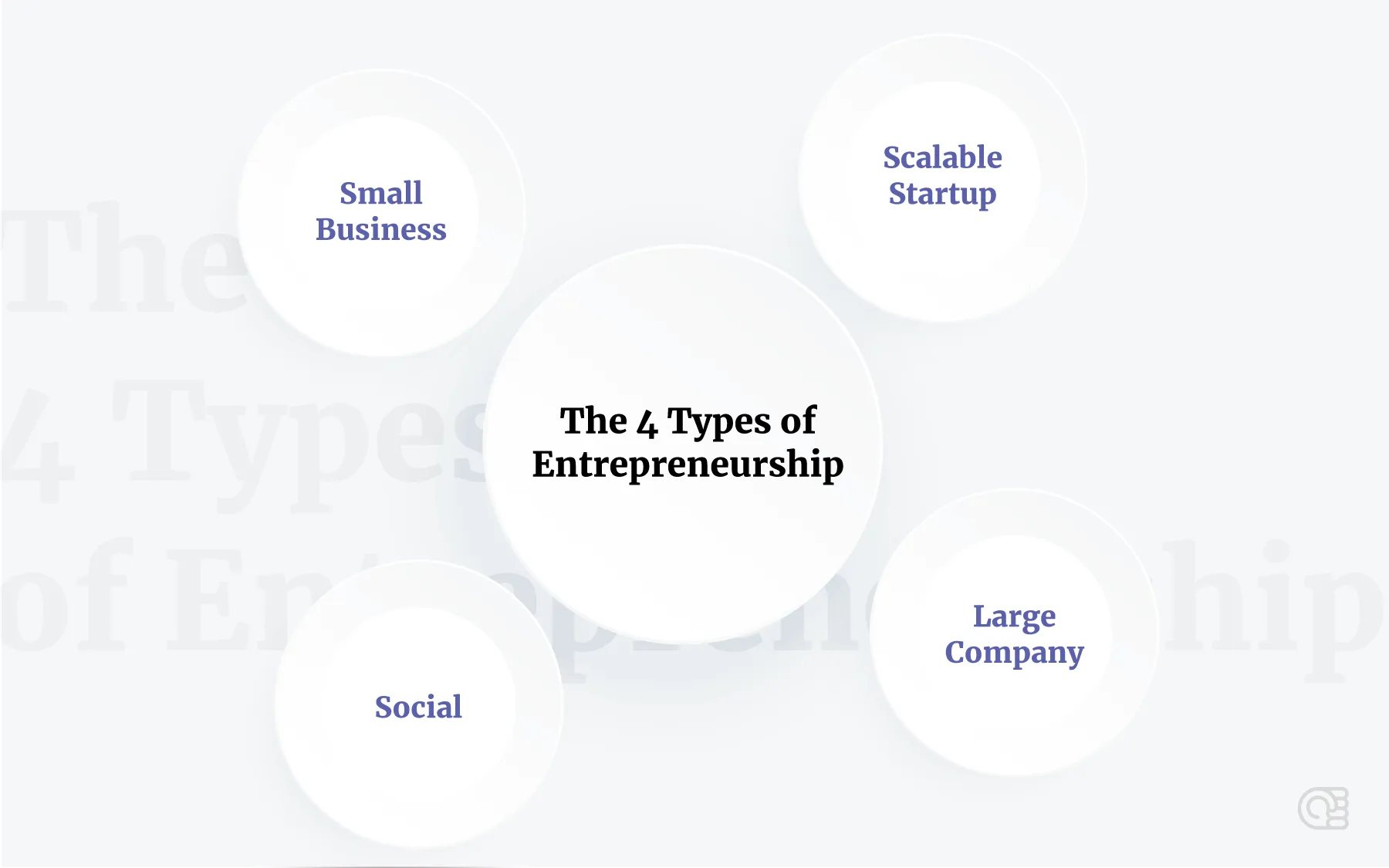The Types of Entrepreneurship
February 19th, 2020 · 3 min read

Have other articles like this sent directly to your inbox 📥
Sign up for my newsletter
Receive quality content on diverse topics. The premium edition, for free. 👊🏽

Receive quality content on diverse topics. The premium edition, for free. 👊🏽